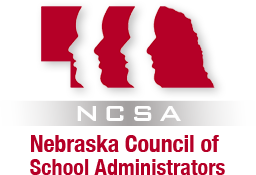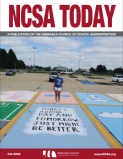Dr. Ryan O'Grady
Schools continue to change in many ways. Technology, diversity, Response to Intervention (RtI), 21st Century Skills, and other initiatives warrant the need for continued professional development for all school staff. School psychologists play a key role in the school system and can bring significant contributions to the school team. School psychologists often have multiple schools to serve in rural and urban settings and, at times, have to serve schools in isolation away from other school psychologists. School psychologists need opportunities to engage in meaningful professional development and have the opportunity for collegiality and collaboration with other school psychologists. This study investigated the effectiveness of school psychology learning communities as a way to provide professional development, collegiality, and collaboration school psychologists need to contribute to the education environment.
A qualitative case study design was utilized in this study. Data sources from interviews, observations, and documents chronicled the perceived impact of utilizing professional learning communities for school psychologists as a method of professional development in a seven-district special education cooperative in the Midwest.
The findings of the study uncovered that the learning community produced an increase in knowledge and skills for school psychologists. It also provided a forum to study and find consistency in services school psychologists provide to schools. Data also showed that school psychologists felt that the goal setting process within the group served as a guide to identify continued professional develop needs. In addition, data revealed that school psychologists felt that collaboration within the learning community had an impact on student achievement and that the learning community increased job satisfaction of school psychologists.
























